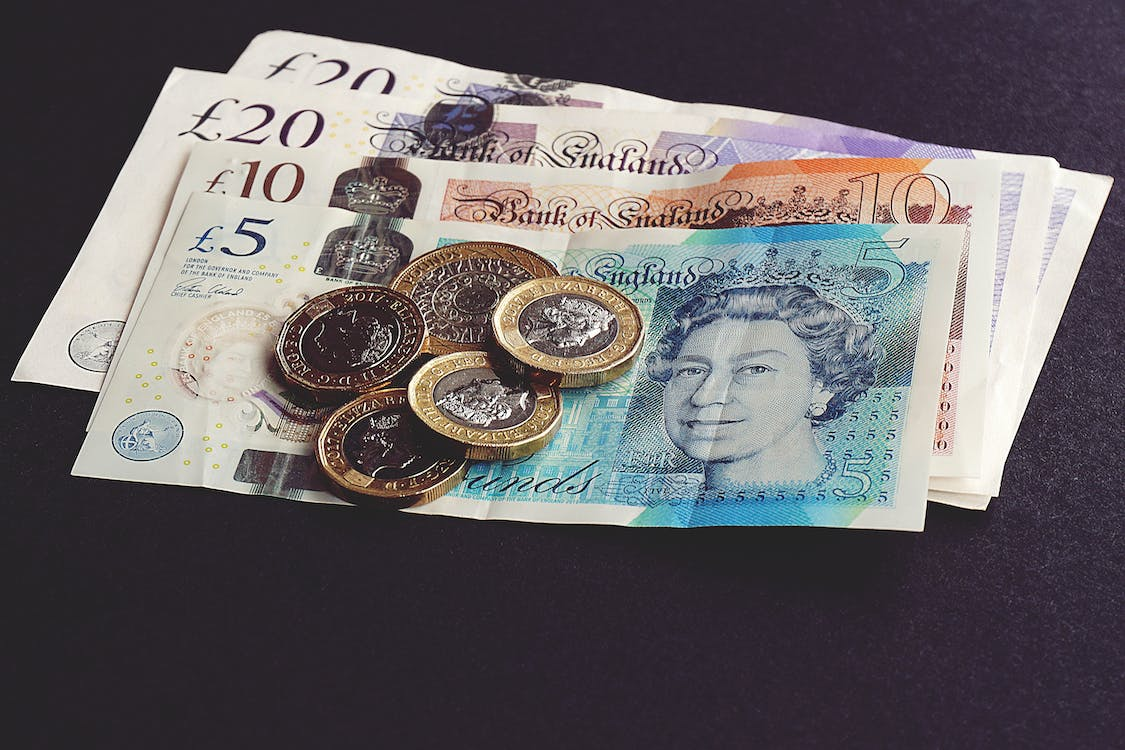In its latest meeting, the ECB decided to maintain its key interest rates in July. President Lagarde stated that a September rate cut is undecided, considering strong domestic price pressures and potential reinflation risks. Market expectations align with policymaker views, and it anticipates two more rate cuts this year. The euro briefly grew against the dollar but has pulled back to its initial level as a trope of risks remain, including U.S. election outcomes and trade policy expectations. The ECB is monitoring the recovery of the services sector and the weak investment climate. Financial markets showed mixed reactions to the ECB's decision, with bond yields softening while stocks lost some gains. Lagarde stressed the importance of fiscal policies and EU programmes for economic growth and that the ECB's inflation target and policy framework will remain constant during her tenure.
EQUITY
Asian stocks fell on Friday after a renewed U.S.-China trade war raised concerns, with reports of potential U.S. restrictions on Chinese technology, pressuring TSMC even with strong earnings. The S&P 500, NASDAQ, and Dow Jones all fell after the VIX fear index shot up 10% as major tech stocks faced pressure ahead of earnings season. Charles Schwab fell 15% since Monday, the bulk of it after weak earnings in relation to weaker banking operations. Nvidia has lost 10% since last week, tracking a 7% drawdown based on Roundhill's Magnificent Seven ETF.
GOLD
Gold hit another all-time high on Wednesday before tumbling into a strong pullback on Thursday, although it is on track for its fourth consecutive weekly gain. It shows that the market is strongly favouring a rate cut, with a 98% probability for September. Fed Chair Powell's comments support this outlook, though some uncertainty remains as inflation has not reached the 2% goal yet.
OIL
Oil prices fell earlier Friday but eventually recovered in London session as worsening wildfires in the Canadian oil sands helped limit losses. Crude prices received some support from forecasts of tighter oil markets, declining U.S. stockpiles, and expected rate cuts. Additionally, The IEA predicts 4% growth in 2024 energy demand, the fastest since 2007, which would require coal power, with renewable energy growth unable to satisfy demand.
CURRENCY
The US dollar is heading for its first weekly rise in three weeks, boosted by safe-haven buying following increased political uncertainty. The pound fell after weak retail sales, while the euro dipped even as the ECB held rates steady. Japan likely stepped in to prop up the yen, which hit 38-year lows against the dollar. This move aims to protect households from high import costs. The intervention happened as the dollar was already falling, marking a shift in strategy. The key threshold seems to be around 160 yen per dollar. More interventions could occur if public anger over inflation grows.













